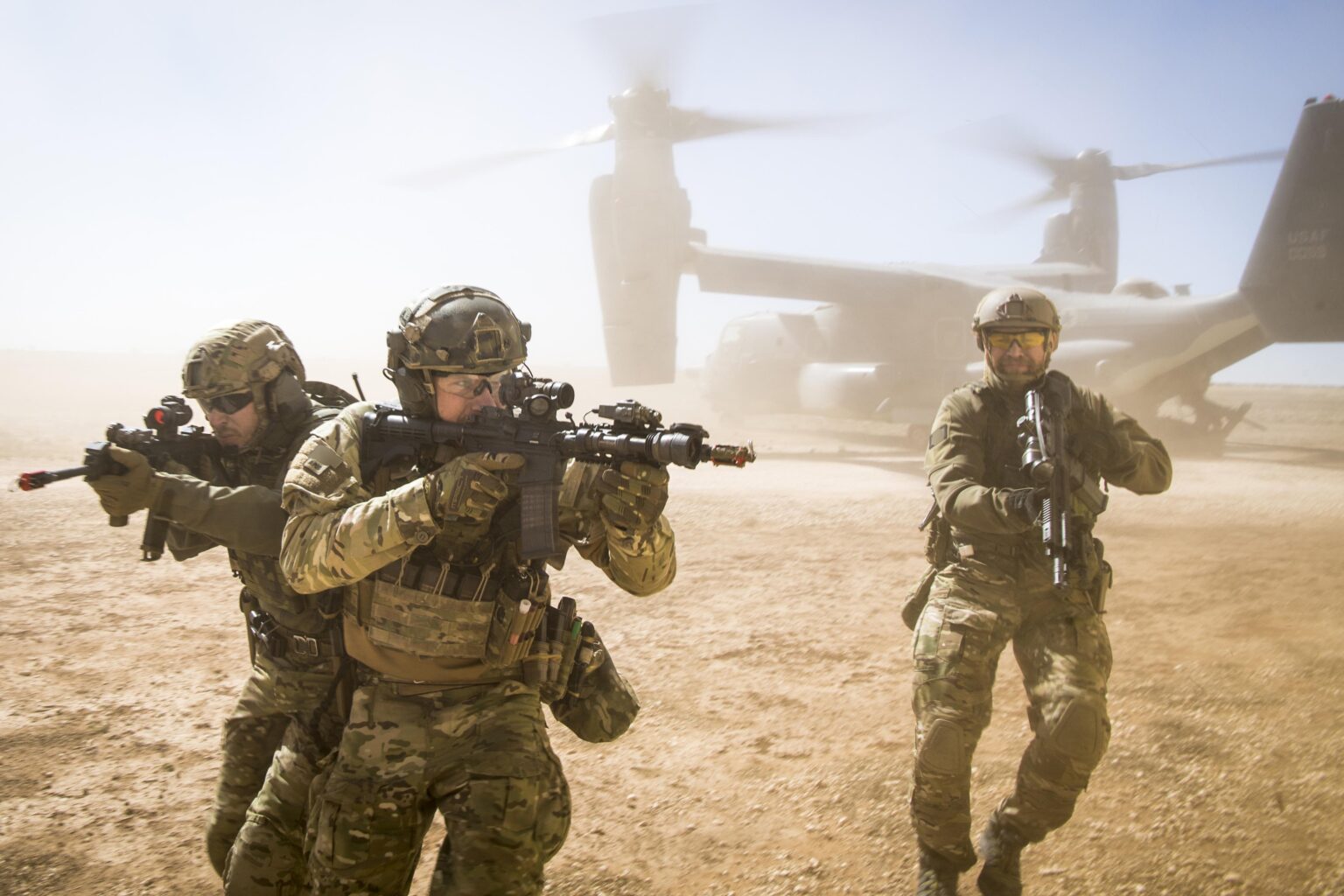As the elite warriors of the military, special operations forces (SOF) navigate treacherous terrains, execute high-stakes missions, and demonstrate unwavering dedication to their country. However, a recent report highlights the challenges these brave men and women face when transitioning to civilian life after their service in the Department of Defense (DOD) program. With an in-depth look at the obstacles ahead, this article sheds light on the hurdles SOF must overcome to successfully navigate the transition process.
Challenges faced by special operations forces during civilian transition
Special operations forces transitioning to civilian life face a myriad of challenges that can hinder their successful integration into society. One of the primary hurdles identified in a recent report is the lack of adequate support and resources available to these highly trained individuals. Without proper assistance, special operations forces may struggle to find meaningful employment, navigate the complexities of the job market, and adjust to a non-military lifestyle.
Furthermore, the report highlights the mental and emotional toll that the transition process can take on special operations forces. Many veterans experience feelings of isolation, depression, and anxiety as they try to adapt to civilian norms and expectations. The pressure to conform to a new set of societal standards while coping with the trauma of their military experiences can be overwhelming for these individuals.
Impact of DOD program on special operations forces transitioning to civilian life
Despite the Department of Defense’s efforts to support special operations forces transitioning to civilian life, a recent report highlights the challenges and hurdles faced by these elite military personnel. The program, designed to ease the transition process for special operations forces, has been met with mixed results and varying levels of success.
The report indicates that special operations forces often struggle with the following issues when participating in the DOD program:
- Lack of transferable skills
- Difficulty adjusting to civilian work environments
- Limited access to resources and support
In-depth analysis of report findings on hurdles special operations forces encounter
According to a recent report, special operations forces are facing numerous hurdles when it comes to the Department of Defense program for civilian transition. The report findings highlight several key challenges that these forces encounter in the process of transitioning from military to civilian life. Some of the main hurdles include:
- Lack of comprehensive support: The report reveals that many special operations forces feel that they do not receive adequate support or resources to successfully transition to civilian life.
- Difficulty in finding employment: Another major obstacle identified in the report is the struggle that these forces face in finding suitable employment opportunities outside of the military.
the report paints a concerning picture of the challenges that special operations forces encounter when trying to transition to civilian life. It is clear that more needs to be done to address these hurdles and provide better support for these brave individuals as they navigate this significant life change.
Recommendations to improve DOD program for smoother transition process
Special operations forces transitioning to civilian life face a number of hurdles within the DOD program, according to a recent report. To improve the transition process and ensure a smoother experience for these individuals, the following recommendations have been identified:
- Enhanced Career Counseling: Provide specialized career counseling services tailored to the unique skills and experiences of special operations forces.
- Expanded Networking Opportunities: Facilitate connections with employers, alumni networks, and industry professionals to help special operations forces navigate the job market more effectively.
By implementing these suggestions, the DOD program can better support special operations forces during their transition to civilian life and help them successfully navigate the challenges that arise during this period of change.
Key Takeaways
the challenges faced by special operations forces in transitioning to civilian life are multifaceted and require thoughtful solutions. As the Department of Defense works to address these hurdles, it is important to remember the unique skills and experiences that these individuals bring to the table. By supporting our special operators in their transition to civilian life, we not only honor their service but also harness their immense potential for the benefit of our society as a whole. Through continued collaboration and innovation, we can ensure that our special operations forces are able to thrive in their post-military careers.
